Allied Health Professions and Public Health application information
Find out how to boost your Allied Health Professions and Public Health application with personal statement, work experience and interview tips.
Close
Find out how to boost your Allied Health Professions and Public Health application with personal statement, work experience and interview tips.
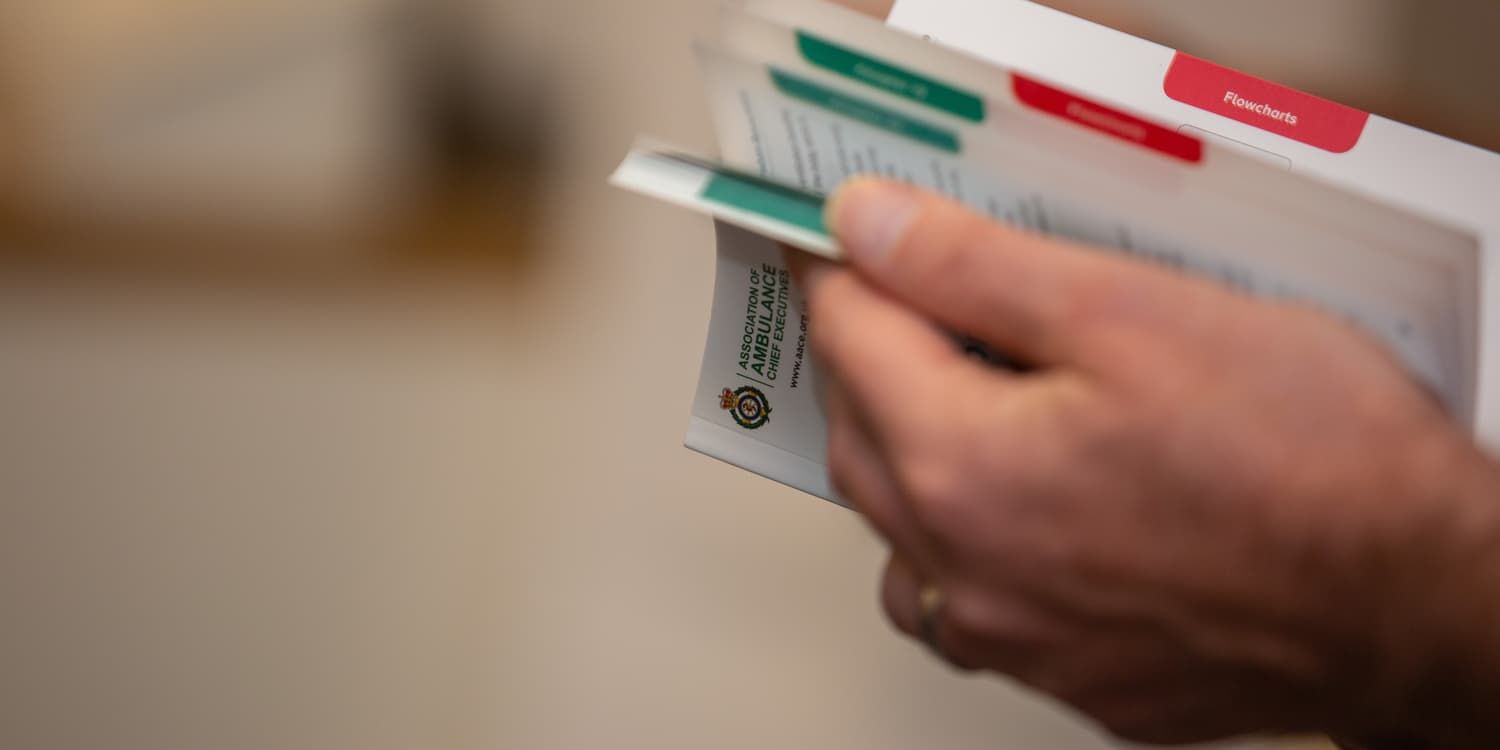
Your personal statement is a great opportunity to showcase your personal qualities, attributes and experience related to a career in the field of Allied Health Professions and Public Health. It is an opportunity to show us why you would make a great student on our courses. Your personal statement should include:
Find out our top tips for writing your personal statement.
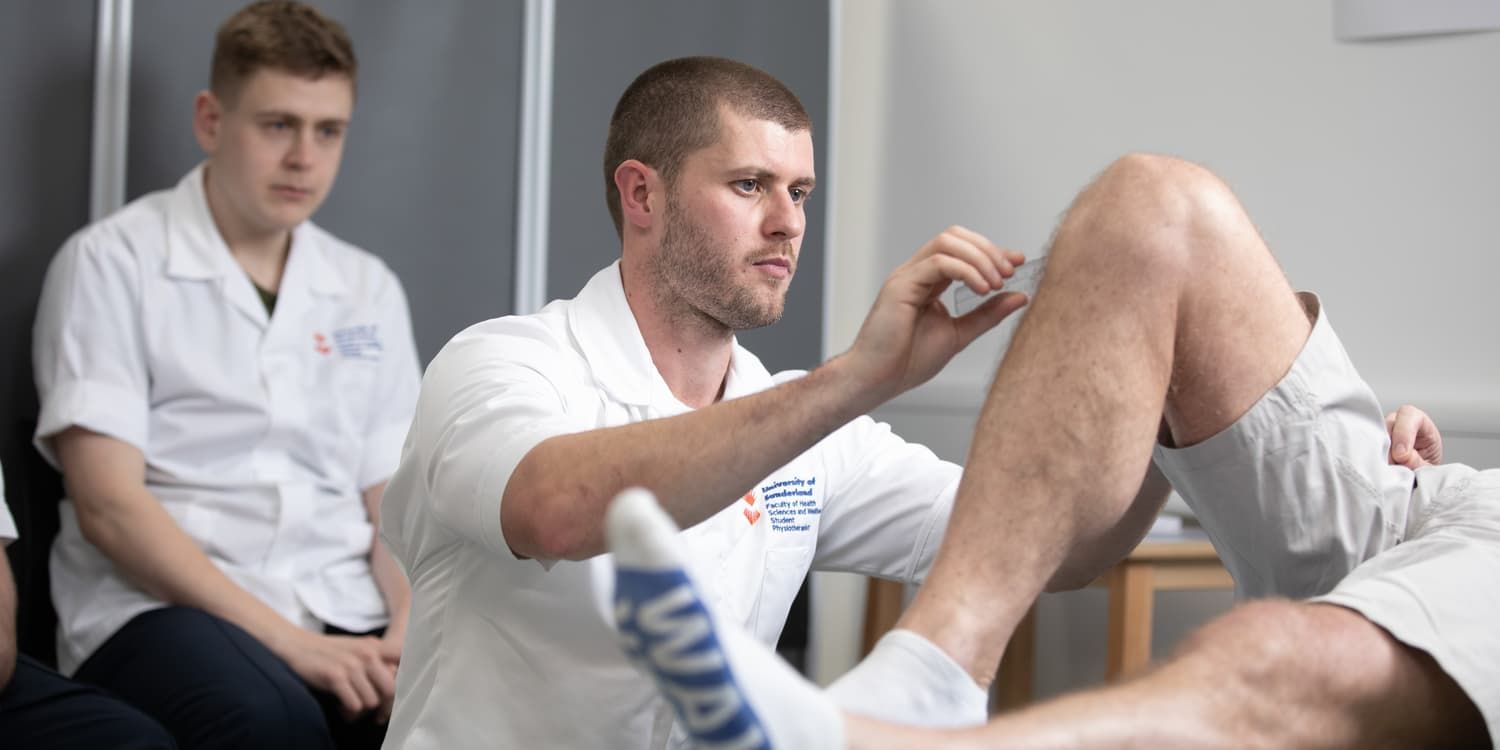
For all of our undergraduate Allied Health Professions and Public Health courses, you must have some experience of delivering care in a professional or voluntary capacity:
For all courses, you must be able to provide evidence of the experience gained, understanding of the profession and a genuine, reasoned commitment to studying a professional course must be explicit in your personal statement to be selected for interview.
You can also research the role you are applying for on the NHS website, such as Paramedic, Physiotherapist and Occupational Therapist.
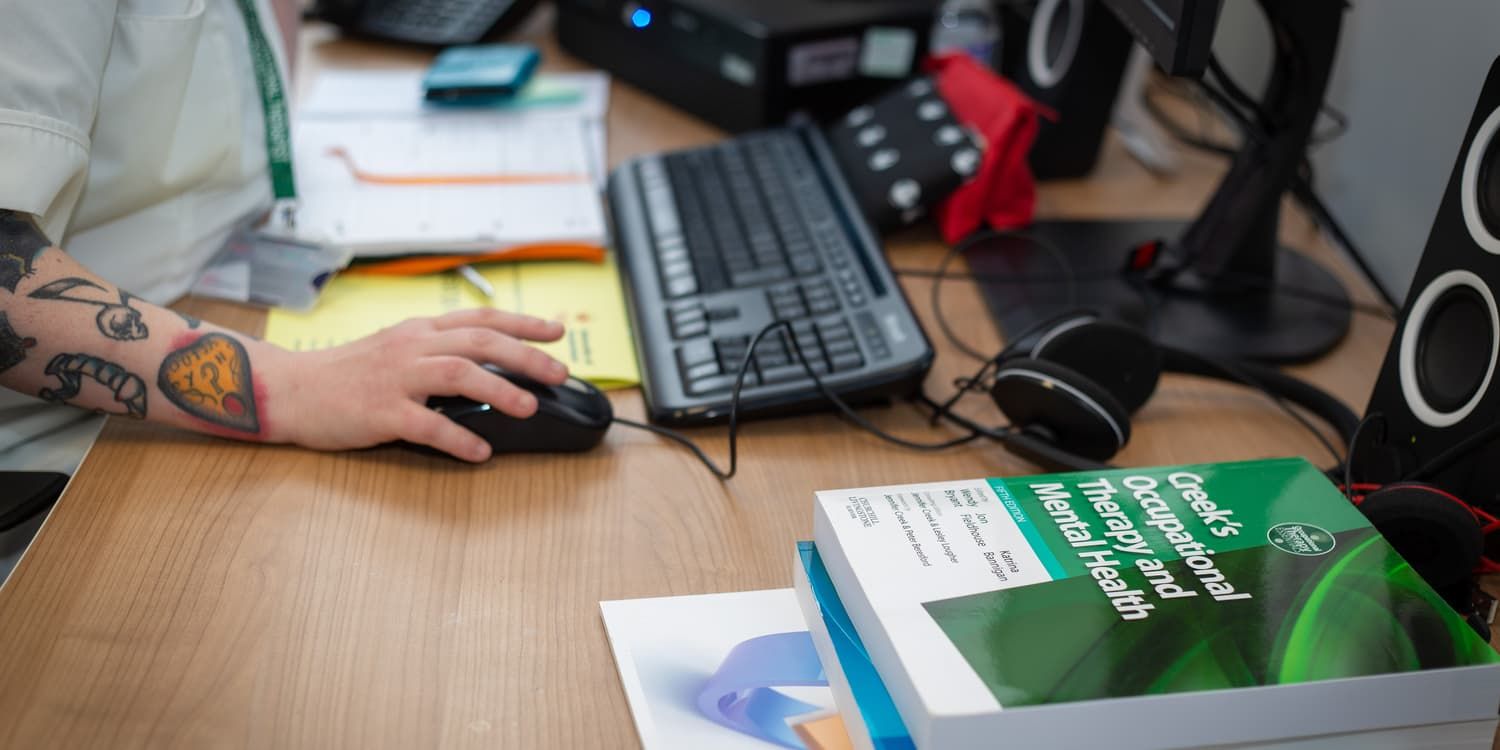
For Occupational Therapy and Physiotherapy, you will be asked to apply a second written reference as part of the interview process.
The reference can be from your current employer, character reference (e.g. former employer, colleague, teacher, advisor, etc.) or from a supervisor at a voluntary role. If you are currently employed, the reference should be from your employer. Please note this must not be the same reference you have submitted as part of your application.

Medical assessments of your mental and physical health and disclosure of criminal convictions apply to all Allied Health Professions and Public Health courses and are based on current HCPC requirements.
Students studying a health or social care course, that has a placement within the NHS or any other Care Quality Commission establishment, are strongly encouraged to be vaccinated against Covid-19. Find out more in our Help and Advice article.
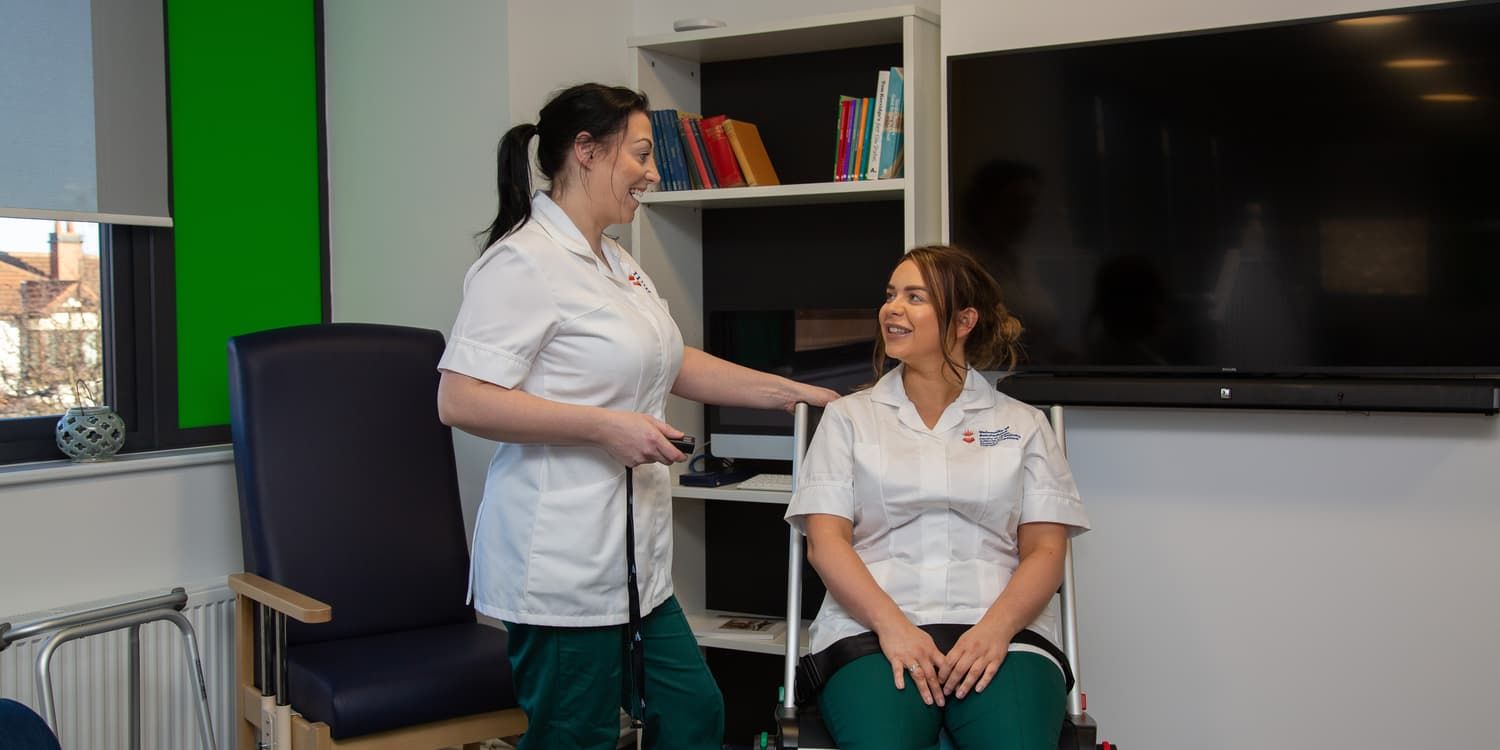
Applicants and enrolled students must be able to demonstrate that they meet the professional standards for practice, as well as the ethical and professional conduct expectations of the profession, throughout their time in training.
As part of our interview approach, we focus on Values Based Recruitment, which ensures we attract and recruit students on the basis that their individual values and behaviours align with the values of the NHS Constitution, the 6 C’s and the professional body of your chosen profession (for example, the Royal College of Occupational Therapists is the professional body for Occupational Therapy). We recommend you research these prior to your interview.
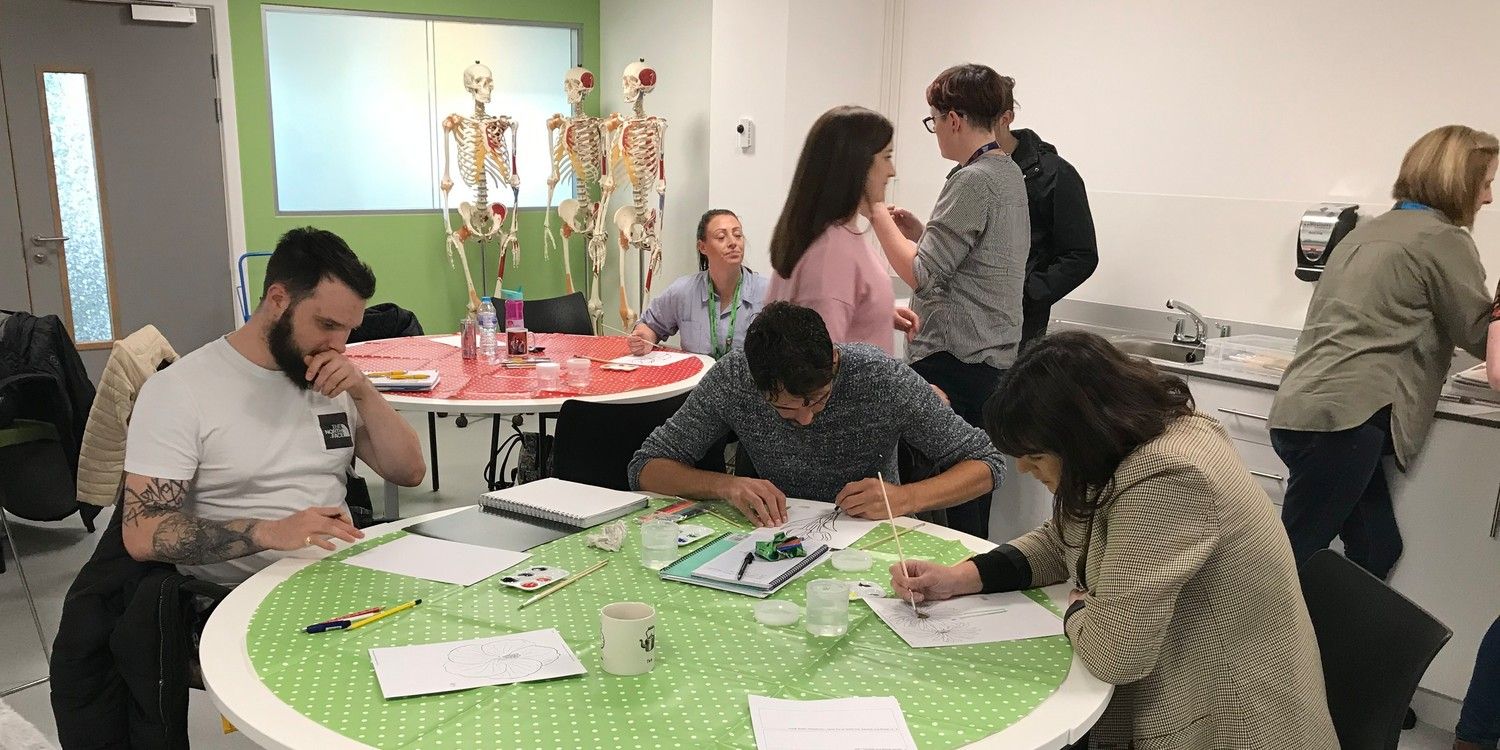
All applicants must attend an interview as part of the selection process, which includes a group activity and an individual interview. Your values, problem solving and communication skills will be assessed. We select students based on their knowledge, motivation, experience, values and behaviours, not just academic ability.
You need to demonstrate an ability to:
Find out more information about our healthcare interviews.
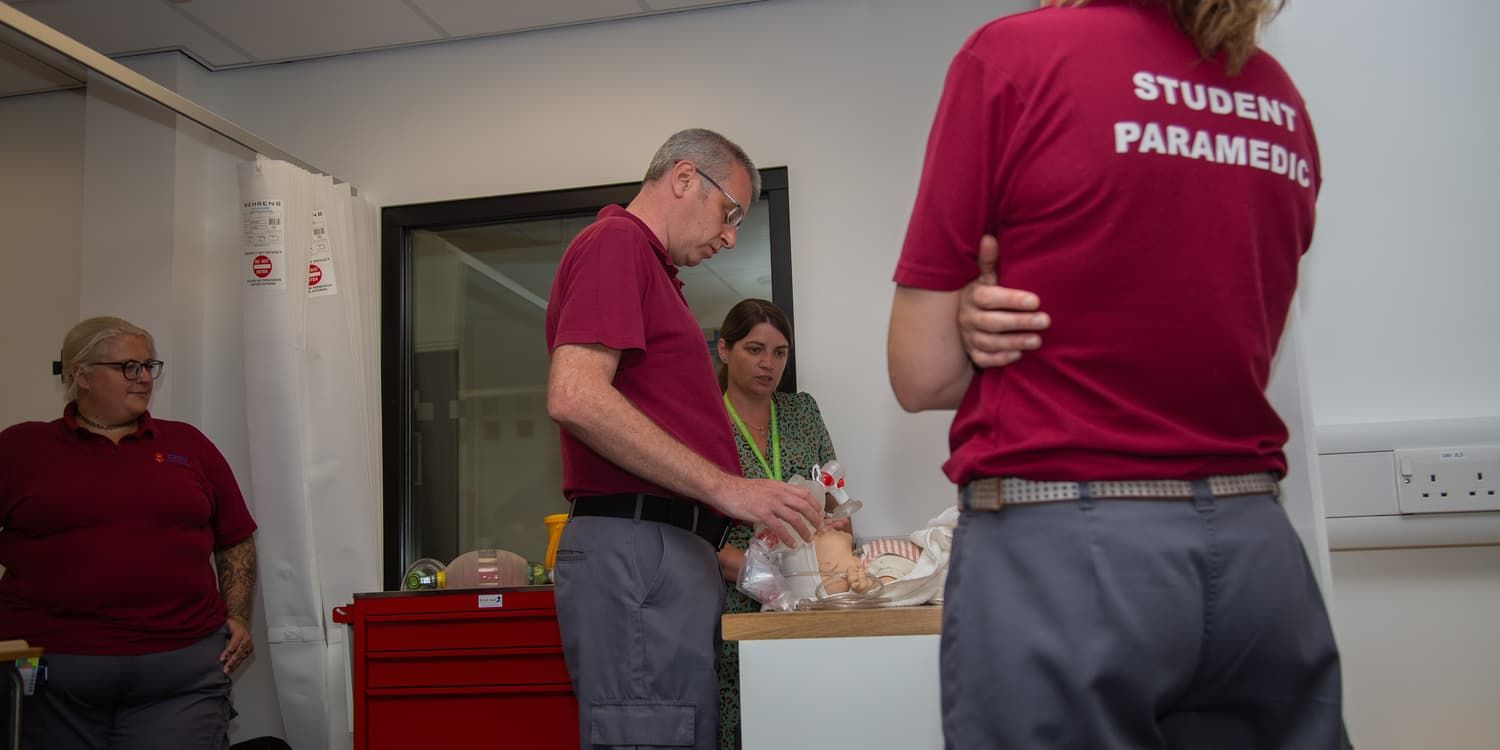
All our undergraduate Allied Health Professions and Public Health courses require an interview as part of the application process.
Your interview for your experience will vary depending on which degree you apply for:
Please ensure you have a form of photographic identification for your interview, such as a passport or a driving license. If you do not have photographic identification on the day, your interview will need to be rescheduled to another day.
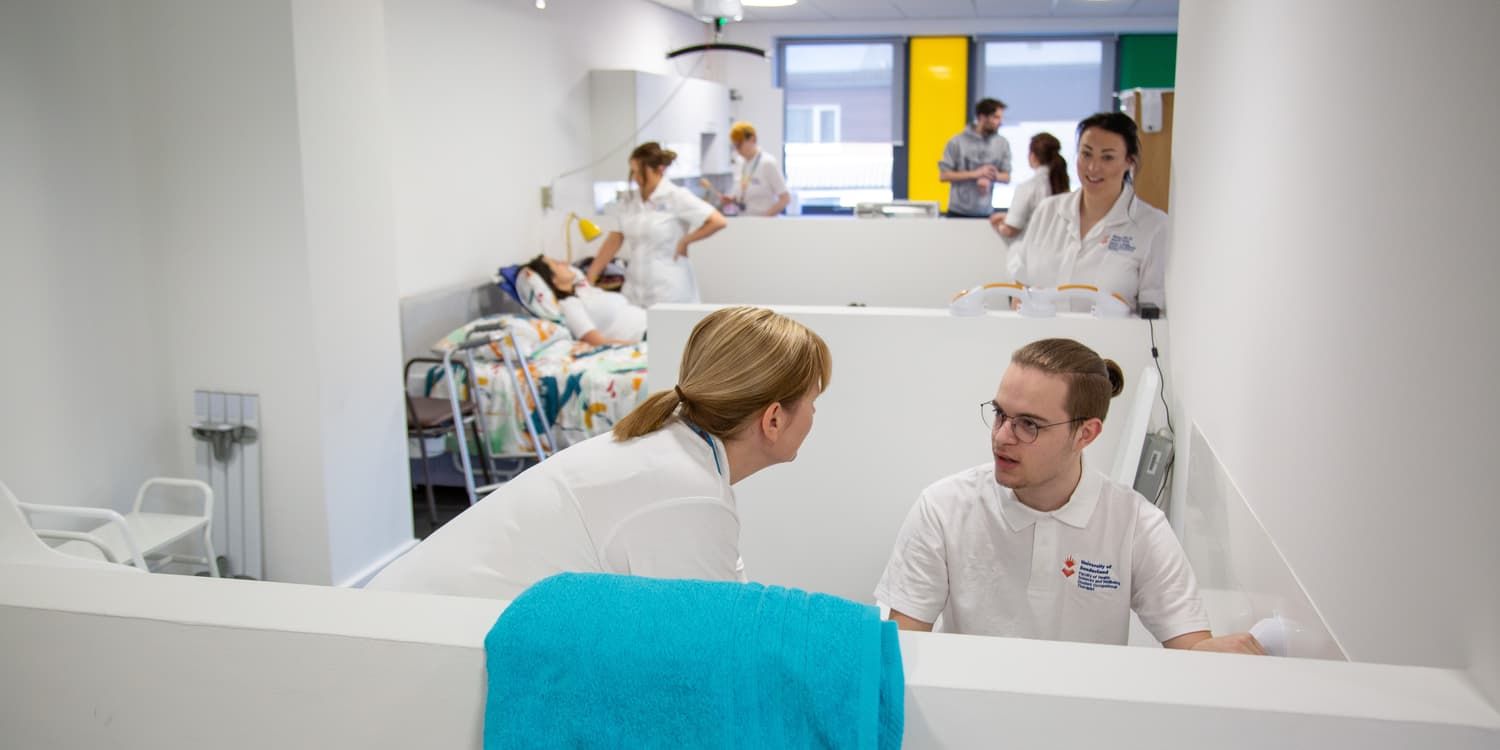
As you are training to be a registered healthcare professional, the ability to practise safely, effectively and professionally is essential, as well as ensuring you are professionally compliant with regulations and standards, as based on current HCPC requirements.
This means you are required to complete the following:
Instructions on how you complete these checks will be sent to you once you hold a conditional firm offer with us. These forms are then reviewed alongside your application, and you must meet both the academic and fitness to practise requirements before you will be given an unconditional offer. If you are successful, you will also need to complete an annual declaration form to confirm you are fit and there are no changes to your DBS.